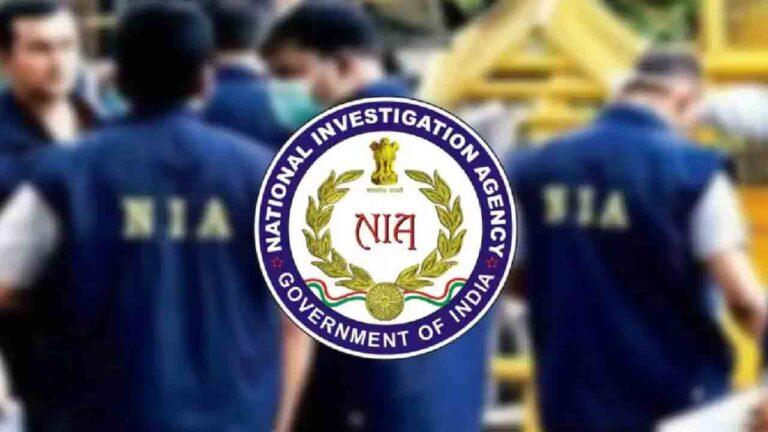The Supreme Court on Friday warned the Centre that if proper infrastructure is not provided for prompt trial, it will have no option but to grant bail to undertrials booked under the National Investigation Agency (NIA) Act.
A bench of Justices Surya Kant and Joymalya Bagchi made the strong remarks while hearing the bail plea of Kailash Ramchandani, an accused under the Unlawful Activities (Prevention) Act (UAPA). The court had earlier, on May 23, directed the Centre to respond and said such cases ideally require day-to-day hearings.
Read also: Kapil Sibal Urges Supreme Court to Stop 'Udaipur Files', Calls It Vilification of Entire Community
"If the authorities fail to set up special courts with the required infrastructure for timely trial, the courts will have no option but to release the undertrials on bail," the bench said.
The Supreme Court expressed grave concern over the prolonged detention of undertrial prisoners and criticised the lack of a dedicated mechanism for speedy judicial proceedings.
"How long should such suspects be kept in indefinite detention when no effective mechanism is being provided to complete trials in a time-bound manner?" the court asked.
Read also: High Court: Jail Imprisonment Can’t Be Ground to Reject Appeal Against Property Freezing Under
Highlighting this urgent need, the court emphasised the need for special courts to dispose of cases under special laws such as the UAPA and the Maharashtra Control of Organised Crime Act (MCOCA).
The court gave the central government and state authorities a last opportunity to set up special courts. The court said that if prompt steps are not taken, the court will hear the bail plea of the petitioner on its merits in the next hearing.
"This will be the last chance," the bench warned.
While the NIA secretary submitted an affidavit, the bench said the document lacked any concrete update or evident progress towards setting up the necessary infrastructure for speedy trials.
"You want to conduct trials even under special laws, yet no speedy trial for the accused," the bench said in a critical tone.
Read also: Isha Foundation Moves Supreme Court to Restrain Nakkheeran from Publishing Alleged Defamatory Content
The court also said that allocating existing courts for NIA cases would adversely affect the disposal of other pending cases, such as those involving undertrial prisoners, senior citizens, family disputes and marginalised sections.
"Designating any existing court or allocating special trials under the NIA Act to such designated courts would be at the cost of other court cases," the court said.
Earlier, the Supreme Court had also observed that delay in deciding bail pleas could violate Article 21 of the Constitution, which guarantees the right to life and personal liberty.













